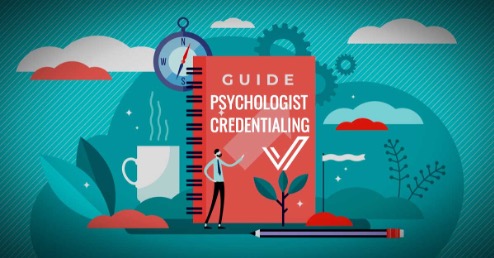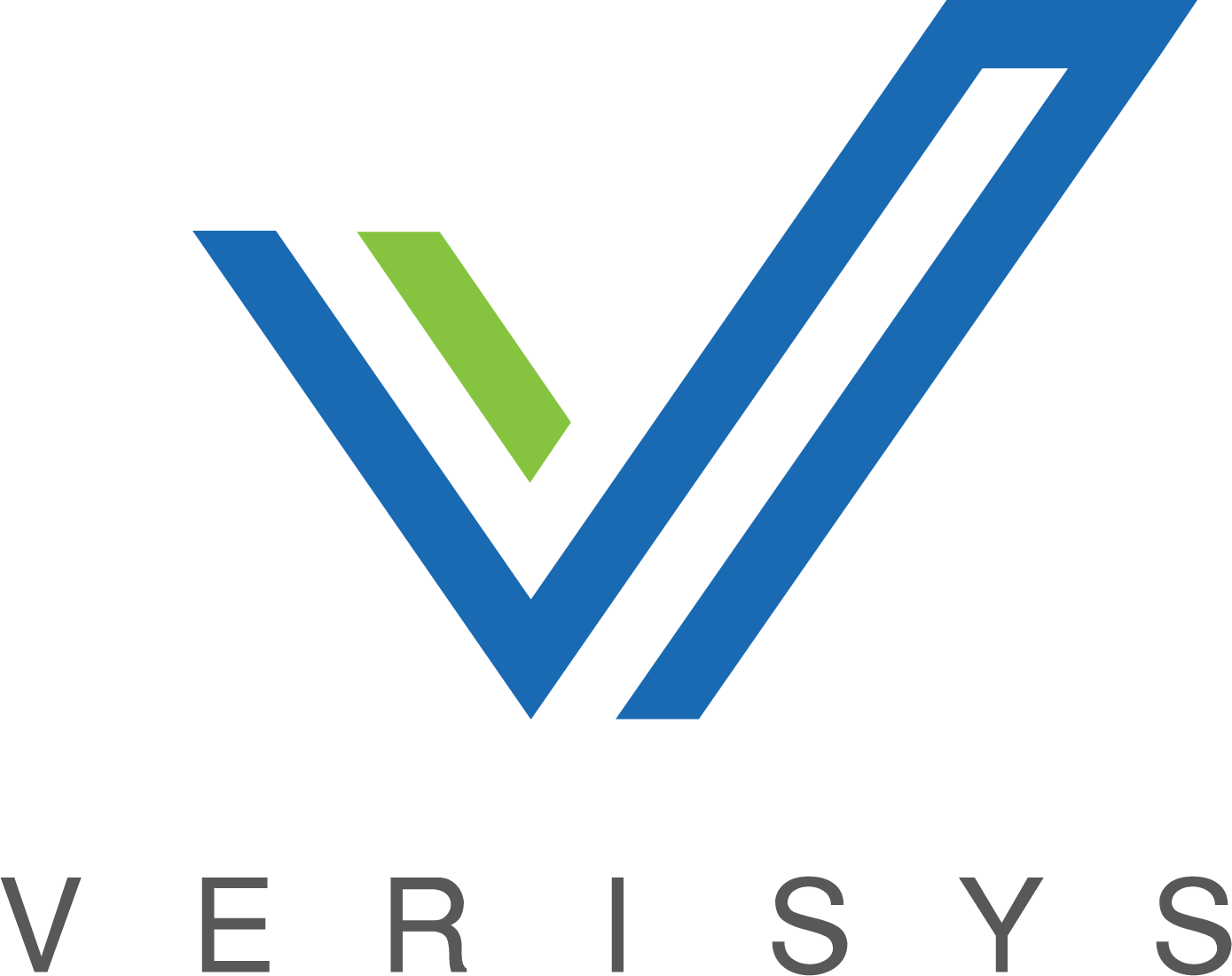– The best resource for monthly healthcare regulatory compliance updates. Compliance Updates: April 2024 Overlook: Licensure Compacts Other Legislation Board Updates Interstate Medical...


Best Practice Psychologist Credentialing and Board Certification Poise for Ease of Teletherapy
This blog goes through the steps of psychologist credentialing and certification for hiring, privileging, and laying the ground for practicing telemedicine. Within the range of types of mental health credentialing and behavioral health credentialing, as is true for any taxonomy, there are many unique requirements based on prescriptive authority, specialized training, specialty board certification, level of licensure, among a host of other criteria that affect the type of credentials needing verification in order to complete the credentialing process.
Another important reason for thorough mental health credentialing and ongoing monitoring for compliance is to assure payment integrity and faster reimbursement from payers to affiliated healthcare provider organizations and ultimately to the mental health provider.
A Growing Need for Mental and Behavioral Health Providers
As mental and behavioral healthcare providers serve a growing number of baby boomers entering Medicare age, an expanded level of access is required to meet the demand. The growing need is compounded by the pandemic and the new stressors it is creating such as homeschooling, loss of work, illness of loved ones, fear of economic collapse, and in addition, election season often divides family and support systems.
It is the responsibility of healthcare organizations and health insurance companies, or payers, to assure that the qualifications required to practice and reimburse have been met. Healthcare credentialing is the process of verifying education, training, certifications, experience, and competence according to the taxonomy and specialty of practice.
Designing a Compliance Program to Satisfy Regulatory and Standards Requirements
Credentialing requirements vary depending on what level of compliance either the healthcare delivery organization or the payer chooses to align with. Meeting the minimum regulatory requirements in order to participate in state and federal entitlement programs such as Medicare, TRICARE, Medicaid, CHIP, are centered primarily on whether the provider is excluded by the Office of Inspector General’s (OIG) List of Excluded Individuals and Entities (LEIE).
When an organization or payer chooses to be compliant with a quality standards-setting organization such as The Joint Commission, URAC, or NCQA, additional data sets are added to the screening, verification, credentialing, and monitoring procedures. The more data used, the clearer the view of the provider for both competency as well as character. For instance, running a provider name against the DEA will reveal any offenses to do with controlled substances, while checking sexual abuse registries will reveal something equally as important.
Especially in the case of psychologists, healthcare delivery organizations and health insurance companies have a responsibility to deliver and reimburse on quality care for the best outcomes. Healthcare organizations and health insurance companies often contract with an accredited and certified credentialing service that can step in and relieve some of the administrative burden of screening, verification, credentialing, and monitoring processes. Many credentialing services companies are equipped with sophisticated data technology specialists, automation, and secure data delivery.
Basic Requirements for the Credentialing Process
Application and credentialing processes vary by hospital, clinic, and practice group. Providing a basic list of required documentation to provider applicants will help prepare them for the process.
A provider applicant will provide at a minimum the following:
Many Organizations Require ABPP Certification for Psychologist Credentialing
The American Board of Professional Psychology (ABPP) is an organization that issues specialty board certification for psychologists. ABPP certification sets the psychologist apart indicating a commitment to meeting and continuously adhering to the specialty board standards.
According to the ABPP, and as listed on its website, the top benefits to ABPP certification are:
Eligibility for ABPP certification requires a doctoral degree from an institution meeting accreditation or designation criteria listed on the website.
Steps required for psychologists to obtain their ABPP certification:
Teletherapy Increases Access to Mental Healthcare
In an article published by Fierce Healthcare, virtual mental healthcare, or teletherapy, which is the mental health practice of telemedicine, has sharply increased since March of 2020 mostly due to the stress, isolation, and loss associated with the COVID-19 pandemic. The article outlines the varying percentages of growth measured by willingness to receive remote mental healthcare, the different demographics, and types of services and pharmaceuticals.
With an increased number of psychologists using telemedicine in their practices, assuring proper psychologist credentialing as well as across all healthcare providers is more important than ever. Recent changes to regulations announced by the Centers for Medicare and Medicaid, (CMS) in light of COVD-19, state that a telemedicine visit no longer requires an initial in-person visit. So, psychologists can begin treating new patients remotely which is especially helpful to reducing the spread of COVID-19 as well as offering help and assistance to those in remote rural areas, and to those who are homebound.
The Interstate Medical Licensure Compact Streamlines Cross-State Credentialing and Licensure for Psychologists to Treat via Teletherapy
To facilitate cross-state mental healthcare delivery, the Interstate Medical Licensure Compact (IMLC) streamlines the medical licensing process among 29 member states. Qualified providers can practice across states that belong to the Compact using telemedicine to increase access to mental health services. For states not participating in the IMLC, licensure must be attained from the medical licensing boards in those states, jurisdictions, and territories. In the case of certification from ABPP, some steps for licensure such as education and testing can be bypassed.
Streamlining License and Certification Verification According to State Laws and Federal Compliance
Credentialing services or Credentials Verification Organizations (CVOs) like Verisys assure license and certification status according to each individual state and follow the steps for proper credentialing with the various payers and institutions granting privileges.
With mental and behavioral healthcare becoming more and more decentralized because of telemedicine, payers, and healthcare delivery organizations are challenged to stay on top of the different and ever-evolving compliance standards.
Verisys provides Verified License Search and Status (VLSS) on individuals with medical licenses and certifications for its clients that include some of the largest health systems in the U.S. Additionally, Verisys offers turnkey continuous monitoring on providers (on staff and contracted), all staff, volunteers, vendors, and suppliers to assure compliance to regulatory as well as independent quality standards organizations.
Verisys accesses and securely stores aggregated, verified, and matched data from more than 5,000 primary sources including FACIS®, its proprietary dataset that includes historical and real-time records on exclusion, sanctions, debarments, disciplinary actions, and indictment records from State and Federal Attorneys General.
When compliance, payment integrity, and patient safety matter most, call Verisys for a conversation about data, verifications, and services plan that covers your credentialing and compliance bases while you get back to what matters most—providing and reimbursing for quality care and good outcomes.
 |
Written by Verisys Verisys transforms provider data, workforce data, and relationship management. Healthcare, life science, and background screening organizations rely on our comprehensive solutions to discover their true potential. Visit verisys.com to learn how we turn problems into power.
|